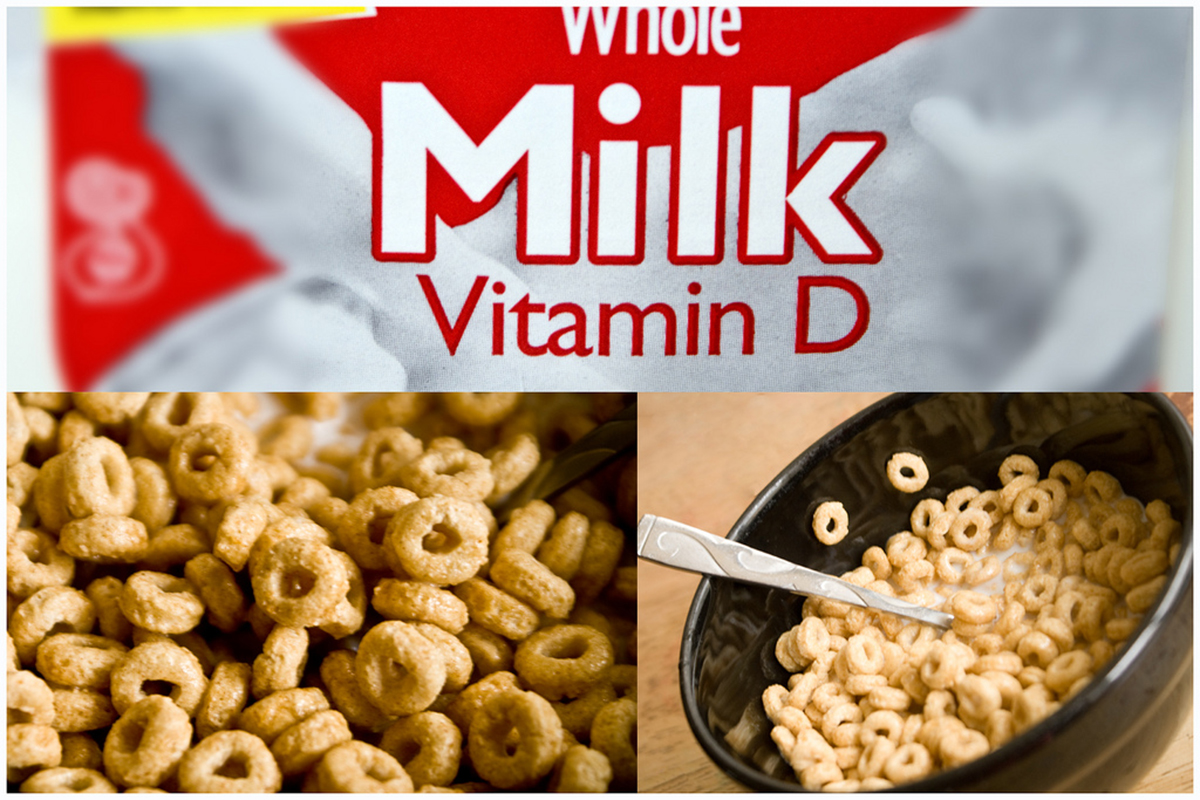Table of Contents
Obesity is essentially a chronic inflammation that disrupts the immune system resulting in other health disorders. Vitamin D on the other hand enhances the immune system and helps decrease inflammation, so, therefore, in those with higher BMIs a deficiency of vitamin D further enhances inflammation causing additional health concerns.
Another theory linking the two is the fact that in obese individuals, a low concentration of vitamin D may affect the appetite hormones and their signals via the brain resulting in increased hunger and fat storage, thus, making weight loss a challenging pursuit. Another explanation provided by clinical studies is the possibility of reduced availability of vitamin D in obese individuals due to increased adiposity or fat stores rendering vitamin D unavailable since it is a fat soluble nutrient.

Therefore, it is safe to assume that body composition appears to impact vitamin D synthesis and body metabolism resulting in difficulty losing weight and a greater predisposition to chronic health conditions.
Can Vitamin D Consumption Help Treat And Prevent Obesity?
Vitamin D, specifically the active form D3, seems to be deficient in individuals with higher percentages of body fat. In a recent study, after analyzing data of more than 10,000 patients, University of Kansas researchers found that those patients who were deficient in vitamin D had a significantly higher risk for obesity and a variety of heart diseases. Furthermore, after taking into account the patients' medical history, medications and other factors, they concluded that people with deficient levels of vitamin D were:
- More than twice as likely to have diabetes,
- 40 percent more likely to have high blood pressure, and
- About 30 percent more likely to suffer from a diseased heart muscle as compared to people without the deficiency.
Overall, the risk of death from these causes was heightened in those presenting with vitamin D deficiency. Therefore, given that vitamin D is a crucial piece in the puzzle of obesity, one may wonder if supplementing or adding vitamin D rich dietary sources may be able to correct the deficiency thus helping such individuals to lose excess weight efficiently.
READ Vitamin D - How Much Do We Need And How Do We Get It?
In a recent study, researchers from University of Milan suggested that when overweight and obese individuals were provided vitamin D supplements and a reduced caloric diet, it appeared that with the help of vitamin D, these individuals were able to lose weight successfully. It is imperative to understand how much vitamin D is required to achieve such positive results, the key factor to remember is that it is essential to have individualized records examined by your respective health professionals; however, it is recommended that most average individuals require 600 IU (15mcg)/day. Please note, this recommendation is generalized and it is advised that any recommendations be followed only under supervision of a health professional.
Adding foods such as mushrooms, low fat dairy, fortified grains, fish like tuna and mackerel, soy, fortified orange juice, and egg yolks to the diet can help elevate vitamin D levels safely.
- www.vitamindcouncil.org/vitamin-d-news/new-study-suggests-vitamin-d-supplementation-helps-weight-loss-in-obese-and-overweight-people
- ods.od.nih.gov/factsheets/VitaminD-HealthProfessional
- Guessous, I., M. Bochud, et al. (2011). "Calcium, vitamin D and cardiovascular disease." Kidney Blood Press Res 34(6): 404-417.
- Manson, J. E. (2010). "Vitamin D and the heart: why we need large-scale clinical trials." Cleve Clin J Med 77(12): 903-910.
- www.reuters.com/article/2011/11/26/us-vitamind-heartdisease-idUSTRE7AO1UM20111126
- www.vitamind3-cholecalciferol.com/vitamin-d-rda.htm
- Photo courtesy of annenkov: www.flickr.com/photos/annenkov/7709375380/
- Photo courtesy of projectart69: www.flickr.com/photos/projectart69/6668623419/
- Photo courtesy of projectart69: www.flickr.com/photos/projectart69/6668623419/


Your thoughts on this